ABOUT NEW MATERIALS
This theme aimed to push forward the development and characterization of new materials with potential future applications in the fields of energy and sustainability. We will bring together experts in neutron and X-ray characterization methods and experts in material development to do this. One of broad goals as a society today should be to ensure that as a society, we are able to move to a truly sustainable, resilient future. Here, we aim to push forward the development and understanding of new materials that will help contribute to this broader goal, at the ‘initial research’ stage. Each of our working groups focusses on one particular area.

CORE GROUP
New Materials Core Group Member, LINXS Fellow
Maria is an associate professor at the Division of Solid State Physics in the Department of Physics, Lund University, but has strong links with the Division of Synchrotron Radiation Research. She is the coordinator of materials research within the strategic research area NanoLund, and recently received a Research Leader of the Future grant from the Swedish Foundation for Strategic Research (SSF). She will be responsible for WG 5 (nanostructures and interfaces). In the Core Group she will be asked to monitor progress on material development/manufacture.
New Materials Core Group Member, LINXS Fellow
Jens is an associate professor at the Division of Chemical Physics, in the Department of Chemistry, Lund University, and is an expert in time-resolved optical and X-ray methods, particularly on ultra-fast timescales. Jens will be the representative of Working Groups 2 and 3 in the Core Group (charge transfer materials and light-harvesting processes). In the Core Group he will be asked to monitor progress in operando measurements across the Theme, and the Theme’s outreach activities.
New Materials Core Group Member, LINXS Fellow
Sara Blomberg is an assistant professor at the Department of Chemical Engineering at Lund University, Sweden. Blomberg received her PhD in Physics at the Department of Synchrotron Radiation Research at Lund University in 2017. She was a post doc between 2018-2020 at Dept. of Chemical Engineering in Lund and affiliated post doc to the Advanced Light Source in Berkeley, USA. In 2020 she was hired as an assistant professor. Her research is focused on catalytic processes where she are using in situ and operando X-ray techniques to study the interaction between the catalyst and the reactants. During her PhD, she focused her research on model systems to achieve a fundamental knowledge about active surface structures and surface-related phenomena in catalytic processes. Today, her research is still aiming for in-depth knowledge about chemical processes on catalysts. She is designing and studying model systems as well as industrial catalysts and has a particular interest in catalytic processes related to the production of renewables and the conversion of biomass.
New Materials Core Group Member, LINXS Fellow
Martin is a professor at the Department of Chemistry at Uppsala University. Martin’s interests overlap Working Groups 1, 2 and 5 (functional magnetic materials and charge transfer materials, nanostructures and interfaces). He is actively engaged with neutron scattering techniques, and is also the Director of SwedNess (Swedish Neutron Education for Science and Society). In the Core Group, he will monitor education activities and engagement at the national and international levels.
GUEST RESEARCHERS
Guest Researcher at LINXS in 2021
New Materials WG 5 Member, Nanostructures and Interfaces, LINXS Fellow
Prof. Dr. Regina Dittmann, from Forschungszentrum Jülich in Germany, received a degree in Physics from the University of Cologne, Germany in 1990 and the PhD in Physics from University of Gießen, Germany in 1994. Since November 2012, she is also a professor at RWTH Aachen University. Regina Dittmann is current leading a group of 15 members working on the atomically controlled growth of oxides, memristive devices and neuromorphic circuits and she is operating the electronic oxides cluster laboratory (EOC). She is an internationally recognized expert on memristive devices, in particular on the elucidation of their working and failure mechanisms by spectroscopic analysis.
Guest researcher at LINXS May - Jun 2023.
SAB MEMBER - AREA HARD MATTER
Andrew is a Professor of Physics at the University of Oxford, a Tutorial Fellow of Oriel College, and Associate Head of the Department of Physics. He is an experimentalist with broad interests in the fundamental properties of quantum materials, especially superconductors, magnetic materials, and topological semimetals. His group uses neutron and synchrotron x-ray scattering techniques to investigate novel electronic ground states and associated physical phenomena.
Profile page at the university: https://www.physics.ox.ac.uk/our-people/boothroyd/research
Guest researcher at LINXS Oct - Nov 2021
Hilde Venvik is Professor at Department of Chemical Engineering, NTNU - Norwegian University of Science and Technology, Trondheim, Norway. She obtained her PhD in 1998 from the Department of Physics, NTNU, on surface science investigations of cobalt and platinum single crystal surfaces. She is Centre Director of “iCSI – industrial Catalysis Science and Innovation for a competitive and sustainable process industry”, a Centre for Research-based Innovation (SFI) granted by the Research Council of Norway (RCN) for the period 2015-23, with Yara, KA Rasmussen, Dynea, Inovyn, Haldor Topsøe, SINTEF and the University of Oslo as partners. She is also Council Officer (Secretary) to the European Association of Catalysis Societies (EFCATS). Her research interests are directed towards metal-based membrane technology and heterogeneous catalysis and development of industrially relevant catalytic model systems and advanced surface characterization methodologies.
Guest researcher at LINXS May - Jul 2022
Jason F. Weaver is a professor in the Department of Chemical Engineering at the University of Florida. Dr. Weaver earned his Ph.D. in chemical engineering from Stanford University in 1998. His research interests include the surface chemistry of metals and metal oxides, reaction kinetics and catalysis, and oxide thin films.
Junior Guest researcher at LINXS Apr - Jun 2023
Michael Philipp Adams is a PhD student at the University of Luxembourg under the group Magnetic Neutron Scattering Group of Luxembourg. The topic of his PhD project is related to the understanding of magnetic small-angle neutron scattering from magnetic particles using atomistic simulations.
Guest Researcher at LINXS Aug - Nov 2023, LINXS Fellow
Carlos Campos, Professor at the Department of Physics, Federal University of Santa Catarina, Brazil.
Carlos E. M. Campos is Full Professor in the Department of Physics at the Federal University of Santa Catarina (UFSC) in Brazil. Holds his Ph.D. in Experimental Physics at UFSC (2005), with a period at the Université Pierre et Marie Curie (Paris VI) in France when started studying physical properties and phase transitions at high pressures generated by diamond anvil cells (DAC). He has experience in Mechanochemical Synthesis (MS) of chalcogenide Nanomaterials, X-ray Powder Diffraction (XRPD), calorimetry (DSC, DTA-TGA), X-ray absorption (XAS), electron microscopy and Raman scattering. His most recent scientific interests are: i) in-situ and in-operando characterization of nanomaterials produced by MS and their applications in electroanalytics, catalysis, thermoelectrics, etc.; and ii) quantitative phase analysis of cementitious materials even under hydration conditions using XRPD data from conventional and synchrotron sources. Profile page at the university: https://pcemc.paginas.ufsc.br
WORKING GROUPS FOR NEW MATERIALS
New Materials WorkING Group 1
Functional Magnetic Materials
The Functional Magnetic Materials Group has a broad potential remit. We are organizing ourselves to focus on two important aspects: (i) the magnetic structure and dynamics on micro- and mesoscopic scales, as this is often very important in controlling the operation of magnetically active materials that drive new device development, and (ii) the rich physics arising from the lack of inversion centres in magnetic materials, which may give rise to topological physics and multiferroic materials. In the kick-off symposium, we will be setting up a targeted question to focus on for both of these aspects.
New MATERIALS WORKING GROUP 2
Charge Transfer Materials
Charge transfer materials are really key to technologies such as photovoltaics (solar cells), catalysis and batteries. Deliberate design to optimize the materials for these properties is a formidable challenge, and requires a firm knowledge of the underlying geometric and electronic structures, and how they respond to external stimuli. ESS and MAX IV provide entirely new opportunities for doing this. We will focus in particular on in situ and operando methods.
NEW MATERIALS WORKING GROUP 3
Light Harvesting Processes
Capturing energy from sunlight is the fundamental basis of most of the energy that we have access to. The processes by which photons affect materials used in photovoltaics or photocatalysts occur on ultrafast timescales, and so being able to measure them requires time-resolved spectroscopy techniques. For monitoring light-induced transfer of charges and/or excitations between the chemical complexes in the material, X-ray spectroscopic methods are a powerful technique, and this is an young field of research, with rapid and continuous developments. This working group will focus on workshops for both novice and advanced members of this community to propagate knowledge about methods, and on scientific focus topics, with the initial focus topic to be determined at the kick-off symposium.….
NEW MATERIALS WORKING GROUP 4
CATALYSIS
The working group is focusing on understanding and developing of more efficient catalysts in a wide range of applications such as chemical processes for the reduction of harmful emissions, catalytic processes for green production of chemicals, hydrogen based energy production, as well as the catalytic upgrade of renewable feedstock to achieve a zero-carbon footprint.
Technical and industrial relevant chemical processes such as catalysis and electrochemistry occur at solid surfaces in complex environments in terms of material composition, pressure, temperature and medium. As a consequence, the atomic scale structure and the environmental composition close to the active material which governs the chemical processes are notoriously difficult to determine. Traditionally, most investigations of catalysts or electrodes for electro catalysis are performed ex-situ or post mortem, leading to difficulties in correlating material structure with function, particularly on the atomic scale. MAX IV offers unique capabilities of in situ and operando investigations of catalysts in harsh environments such as high temperatures and high pressures or in electrolytes. Investigations of catalysts under working conditions with high temporal resolution facilitating a new understanding of complex chemical processes leading to the development of better materials/devices for catalysis and electrocatalysis.
The structural information of the catalyst, and its transient phases between the inactive and active phases, will be studied on the atomic scale. The information gained from experiments at MAX IV coupled with theoretical simulations should provide a new view on chemical reactions at surfaces promoting our current understanding, to enable breakthroughs in the design of superior catalyst and electrode materials based on atomistic knowledge and control.
NEW MATERIALS WORKING GROUP 5
Nanostructures and Interfaces
Many practical devices are built using a thin film geometry, with additional patterning in the plane to create functionality – think about solar cells, or the strong link between surface orientation and catalyst effectiveness. This working group acts as a home for material development experts, in dialogue with the other working groups. When studying nanostructures, different tools give valuable insight into different aspects of the observed behaviour.









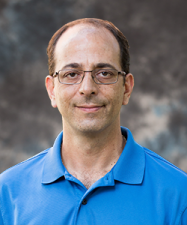




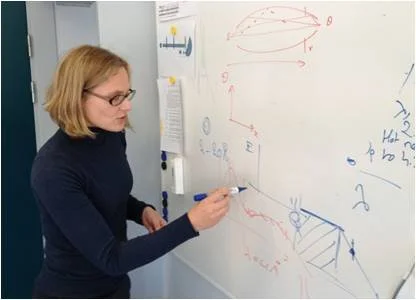



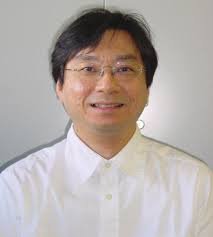




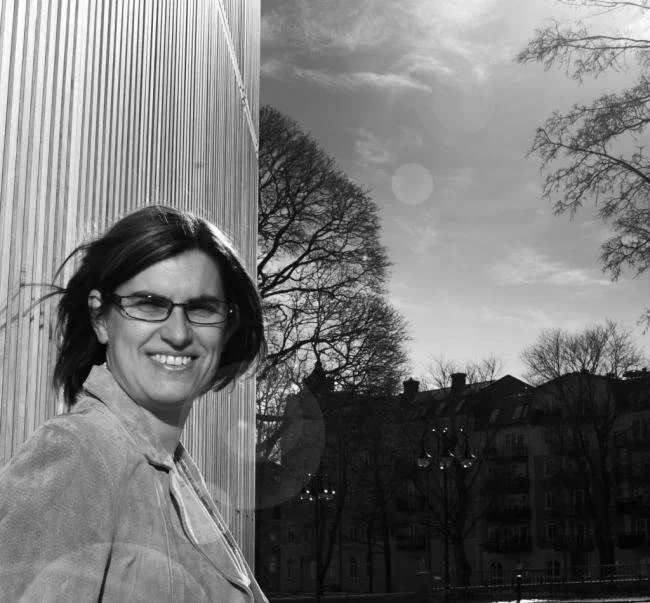
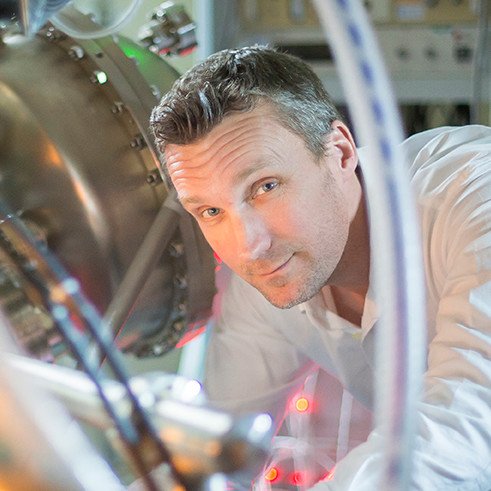
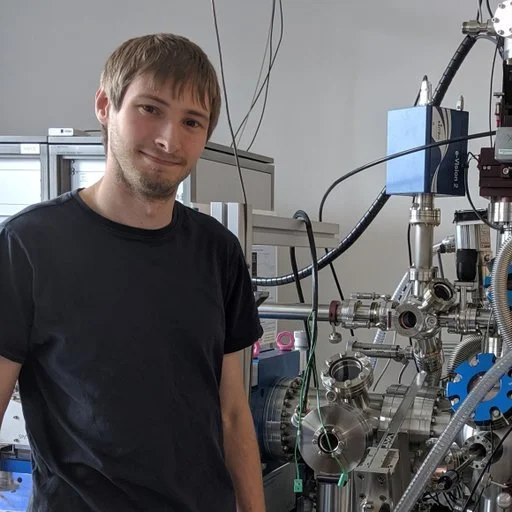
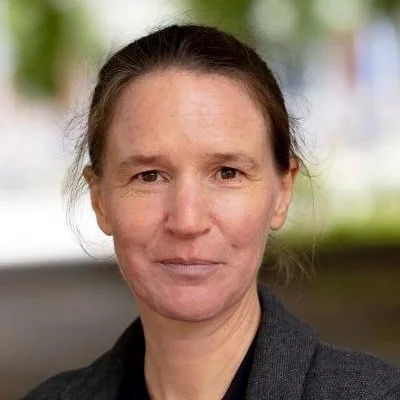

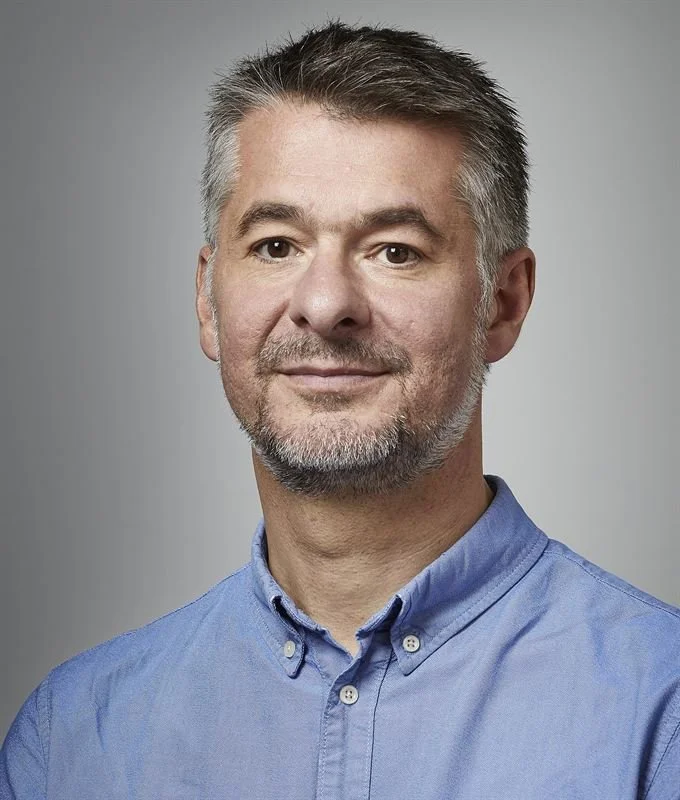









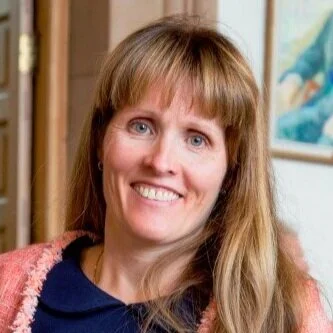





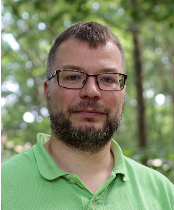
New Materials Core Group Leader, LINXS Fellow
Elizabeth is the initiator of the Theme and is the chair of the Core Group; she has extensive experience with both neutron and x-ray scattering methods, with a particular focus on magnetic materials. She is a professor at the Division of Synchrotron Radiation Research, within the Department of Physics, Lund University, and is tasked with promoting research into magnetic materials at Lund University. She will lead Working Group 1 (functional magnetic materials). Elizabeth is also a board member for the Condensed Matter Physics section of the Svenska Fysikersamfundet, and will be able to promote LINXS activities through this as well.